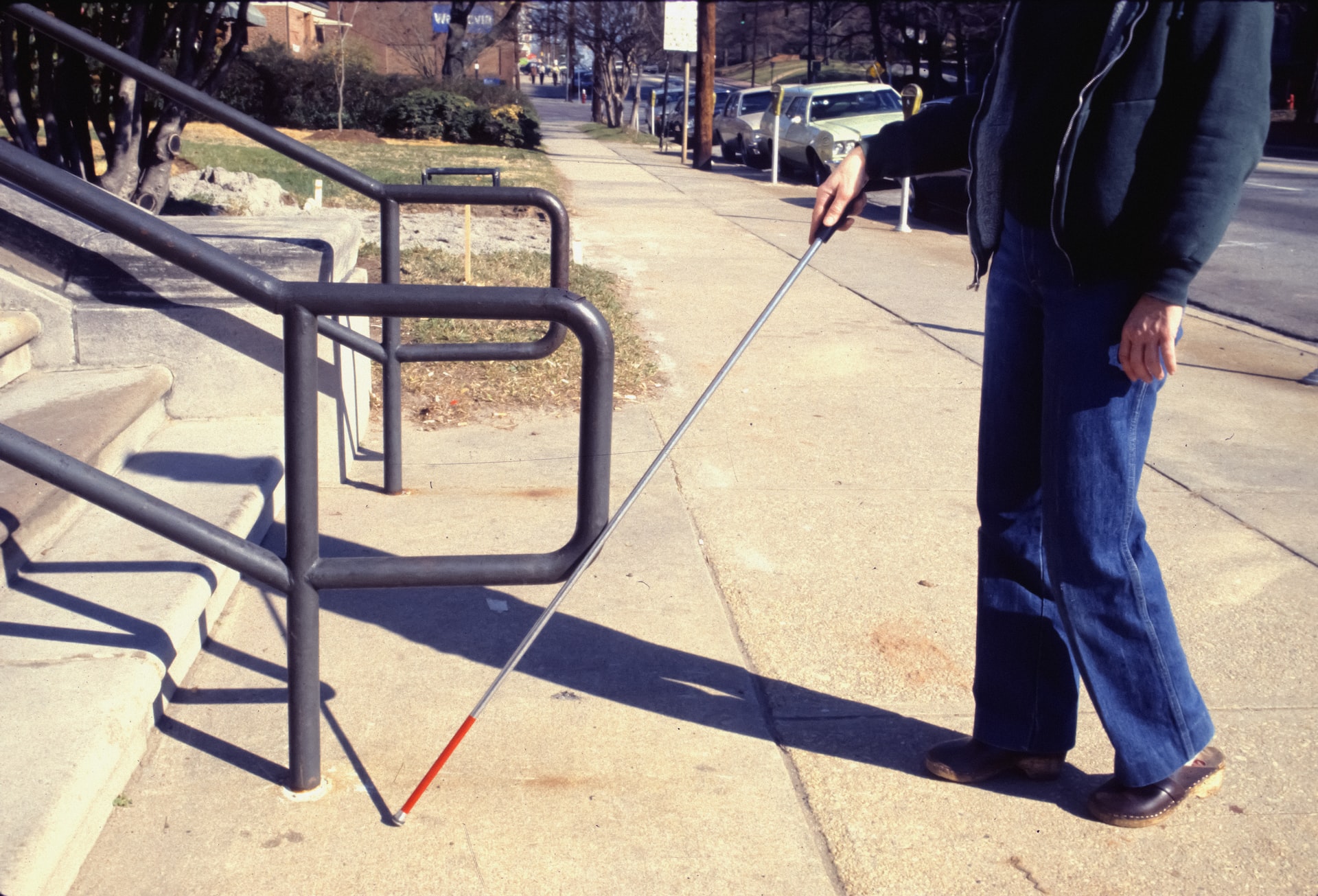5 Ways to Support a Loved One With Blindness
Supporting a loved one with blindness can be challenging. They’re going through an adjustment period and may need your help in dealing with the side effects of their vision loss. You want to support them, but you don’t know how to do that. You want to make it easier for them, but you’re unsure what will help. Here are some ways to support a loved one with blindness that may help ease their transition and make things easier for them.
Be there for them
You may be the rock your loved one is holding onto during their transition period, but don’t forget to take care of yourself. You may be emotionally drained during this time if you’re not careful. Make sure you’re taking care of yourself and have support during this time too.
Find someone you can talk to who can help you deal with your feelings. Or, try journaling as a way to work through your feelings. Be there for your loved one, but don’t forget to take care of yourself too.
Help with transportation
If your loved one is diagnosed with low vision or blindness, they may have to find new ways to get around. Driving may not be an option any longer, and public transportation may be difficult due to their vision loss.
Help them learn about their options for transportation to make their life easier. Offer to help them get to doctor appointments or to run errands. There are also nonprofit ride-sharing organizations that many people use so they don’t have to rely on friends and family for transportation.
Encourage independence
Just because your loved one is blind doesn’t mean they need you to do everything for them. Blind people can be just as self-sufficient as sighted individuals. Encourage your loved one to learn new ways to do things on their own.
If they can do things on their own, it will help them feel empowered and less dependent on others. If you’re cooking dinner with your loved one, let them pick up a knife or help with prep work. If they’re dressing themselves, let them pick out their clothes. If they’re going to the grocery store, let them navigate around the store and help them with their list.
Make their home more accessible
Blindness can make it difficult for someone to navigate around their home, especially if they have stairs. Make your loved one’s home more accessible for them if you can. If there are stairs in their home, consider installing a handrail.
Install grab bars in the bathroom, and make sure that doorways are wide enough for them to navigate. If you are able, you may also want to consider modifying a room in their home to be their main living space.
Help them find support groups and services
Your loved one is going through a difficult time, and they may feel alone in this. They may not know where to turn for help, or they may not know where to find support groups and services for people with blindness and vision loss.
Help them find organizations or support groups in their area that may be able to help them. Let them know they don’t have to go through this alone, and they can find others who are going through similar things.
Conclusion
After reading this article, you should be better prepared to support a loved one with blindness. There are many ways you can support a loved one with blindness. Be there for them, help with transportation, encourage independence, make their home more accessible, and help them find support groups and services.

